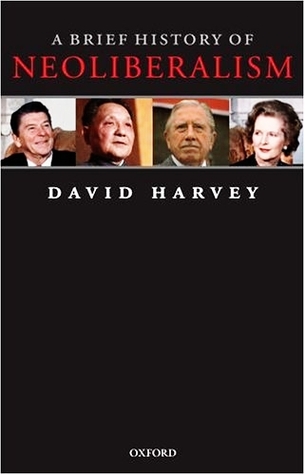State decisions, they argued, were bound to be politically biased depending upon the strength of the interest groups involved (such as unions, environmentalists, or trade lobbies). State decisions on matters of investment and capital accumulation were bound to be wrong because the information available to the state could not rival that contained in market signals.
Welcome back. Just a moment while we sign you in to your Goodreads account.


